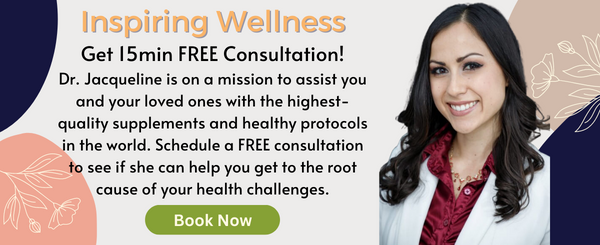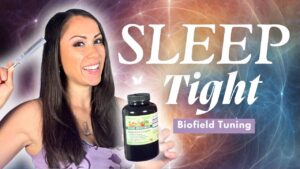[vc_row][vc_column][vc_row_inner][vc_column_inner][vc_single_image image=”98″][vc_column_text]
7 Benefits of Vitamin C
1. Healthy Hair, Skin, and Nails
Vitamin C is needed to make collagen which is a building block for your hair, skin, and nails.
Collagen decreases with age which can lead to hair loss and grey hair. Vitamin C helps to build the collagen that is needed to prevent hair loss and keep hair strong, moist, and split end free.
It helps your skin to remain elastic, hydrated and youthful because it replaces dead skin cells and helps hydrate the skin. Healthy glowing skin comes from adequate vitamin c intake and absorption.
2. Helps absorb iron
Vitamin c helps to absorb the iron needed to brings oxygen from the lungs to the rest of the body. We need iron to help build our blood and have healthy circulation. Without healthy red blood cells you cannot get enough oxygen. A lack of oxygen and low circulation can lead to low energy and fatigue, and other health challenges.
3. Oral Health
Bleeding gums and inflammation of the gums (gingivitis) are a sign of low vitamin c. Foods and supplements high in vitamin c can help with these conditions, as well as having healthy teeth.
4. Better Recovery
Vitamin C is a powerful antioxidant that fights free radical damage. Use some before exercising because exercise causes oxidant buildup. It will help with your a more speedy recovery.
It is also great for wound healing and easy bruising.
5. Improves mineral absorption
Enzymes are the catalyst in all of our body’s reactions and much of the detoxification process. Minerals work with enzymes to do this work and vitamin c helps to absorb the minerals we consume so they are more bio-available.
6. Helps reduce stress
Vitamin c helps to combat the effects of physiological and psychological stress. It helps to reduce the stress hormone cortisol that adrenal glands produce in a flight or flight situation. Cortisol can lead to belly fat, high blood pressure, and high blood sugar, which all decrease our immunity.
7. Immune System Health
It helps the immune system to protect us from disease. 70-90% of our immune system is in our gut. When our gut is leaky it can create auto-immune conditions and other health challenges. Vitamin C helps to make the collagen necessary to help to rebuild a leaky gut so the nutrients can be absorbed adequately and not leave toxic waste.
Low Vitamin C in the Dry Blood Sample

When I do Dry Blood Cell Auditing, I find this peripheral coast in nearly everyone’s sample of blood. When there is a coast around the blood blot, it is a sign of low vitamin c. Low vitamin c makes poor adhesion of the cells around the periphery of the specimen.

As degenerative disease begins to increase, the lakes in the specimen become greater and greater. There are not suppose be any holes in the sample so when we see these holes in a Dry Blood Cell Audit, we can suspect some type of collagen disease.
Foods High In Vitamin C

1) Oranges
1 large: 82 mg (over 100% DV)
2) Red peppers
½ cup chopped, raw: 95 mg (over 100% DV)
3) Kale
1 cup: 80 mg (134% DV)
4) Brussels sprouts
½ cup cooked: 48 mg (80% DV)
5) Broccoli
½ cup cooked: 51 mg (107% DV)
6) Strawberries
½ cup: 42 mg (70% DV)
7) Grapefruit
½ cup: 43 mg (71% DV)
8) Guava
1 fruit: 125 mg (over 100% DV)
9) Kiwi
1 piece: 64 mg (33% DV)
10) Green peppers
½ c chopped, raw: 60 mg (100% DV)
Vitamin C Supplementation
As a result of seeing the cost in almost everyone’s dry blood sample, I have discovered that it is important for most people to constantly be supplementing with vitamin c, but it is important to choose the right kind.
Synthetic Vitamin C
Ascorbic acid, which is commonly known as vitamin c is synthetic. It is not the pure form of vitamin c that comes from food and is minimally processed.
Liposomal Vitamin C
Liposomal vitamin c is a form of vitamin c that is encapsulated with some form of lecithin so that it bypasses the stomach and has an easier entry into the cells. This is an effective way of consuming vitamin c but most of the liposomal vitamin c on the market is made with synthetic ascorbic acid.

[/vc_column_text][/vc_column_inner][/vc_row_inner][/vc_column][/vc_row]









